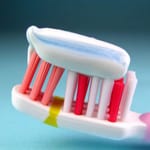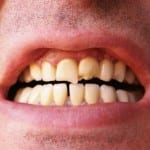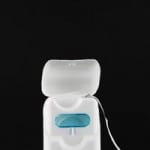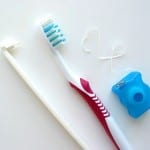 Most people know that it’s important to clean the teeth twice a day. Although brushing is really effective, it only cleans part of your mouth. This is why we strongly recommend cleaning between the teeth.
Most people know that it’s important to clean the teeth twice a day. Although brushing is really effective, it only cleans part of your mouth. This is why we strongly recommend cleaning between the teeth.
The importance of cleaning between the teeth
When you brush your teeth, you clean away bacteria and food debris from the biting surfaces and the areas of the teeth you can access with a brush, but it’s not possible to get the brush head into every area of the mouth. It’s usually very difficult to clean between the teeth because the brush head is too large to fit between the gaps. This is when flossing and interdental brushing come in useful.
Flossing
Flossing is a popular means of cleaning the gaps between the teeth. It involves passing a thin piece of tape, called floss, between the teeth. Flossing displaces trapped bits of food and bacteria from those narrow cracks, reducing the risk of plaque formation. It can also help to prevent staining in areas that you can’t polish with your toothbrush. When you’re flossing, always be gentle, and never tug at the tape. If you pull too hard, this can hurt your gums.
Interdental brushing
Interdental brushes are specially designed, small hand-held brushes, which target the cracks between the teeth. There are various different sizes and thicknesses to choose from, and your dentist or hygienist can help you to choose the right brush for you and give you a demonstration to show you how to use your interdental brushes.
Brushing is really important for keeping dental diseases at bay, but don’t underestimate the importance of cleaning the cracks between your teeth. If you do this, you’ll achieve a much more thorough clean and you can reduce your risk of decay and gum disease by preventing plaque formation.















